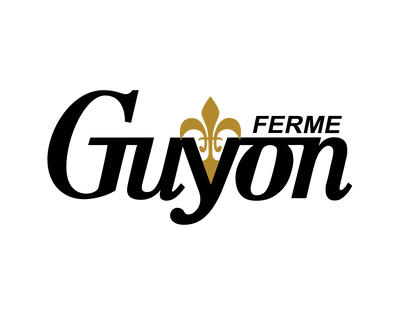Thuyas (cedars)
Frequently asked questions from customers
- Do you have cedars 6 feet or more?
- What is the difference between white cedar and black cedar?
- What is the recommended planting distance?
- How many cm per year growing?
- What is the difference between the Brandon and the Smaragd?
- Can we make a hedge with Smaragd?
- Can I plant a hedge myself?
For answers to your questions, please call us at 450-658-1010 extension #261 or at the following email address: clecuyer@fermeguyon.com
Cedar varieties
White cedar, or Thuja occidentalis

Advantages
- Extremely hardy (Zone 2)
- Easy to install
- Wind resistant
- Affordable price
- Easy to maintain
- Rapid growth
To know
- Requires good sunshine (8 hours and more)
- Requires regular pruning if you want to “structure” it into a hedge
- Appreciated as winter food by deer
Black cedar, or Thuja occidentalis nigra

Advantages
- Extremely hardy (Zone 2)
- Easy to install
- Keeps a dark green color in winter
- Easy to maintain
- Can withstand more shade than white cedar (but requires at least 6 hours)
To know
- Requires regular pruning if you want to “structure” it into a hedge
- Produces small casseroles more easily when stressed (drought, too much water, etc.)
- Appreciated as winter food by deer
The “Brandon” cedar, or Thuja occidentalis “Brandon”

Advantages
- Naturally narrow grows (recommended for small plots)
- Offers more textured and decorative foliage than the previous two
- Does not need pruning; conical at all times
- Rustic (Zone 3) and more weather resistant than its decorative counterpart, “Smaragd” cedar
To know
- More expensive than white cedar and black cedar
- Many “Brandon” cedars are imported from the West and are not well acclimatized to our winters. Choose trees produced in Quebec!
The “Smaragd” or “Emerald” cedar, or Thuja occidentalis “Smaragd”

Advantages
- Very decorative. Densely textured, emerald green foliage
- Color brighter than the others
- Natural growth of conical shape, pointed
To know
- Zone 4B (requires a protected location or winter protection)
- Requires full sun
- Many “Smaragd” cedars are imported from the West and are not well acclimatized to our winters. Choose trees produced in Quebec!


